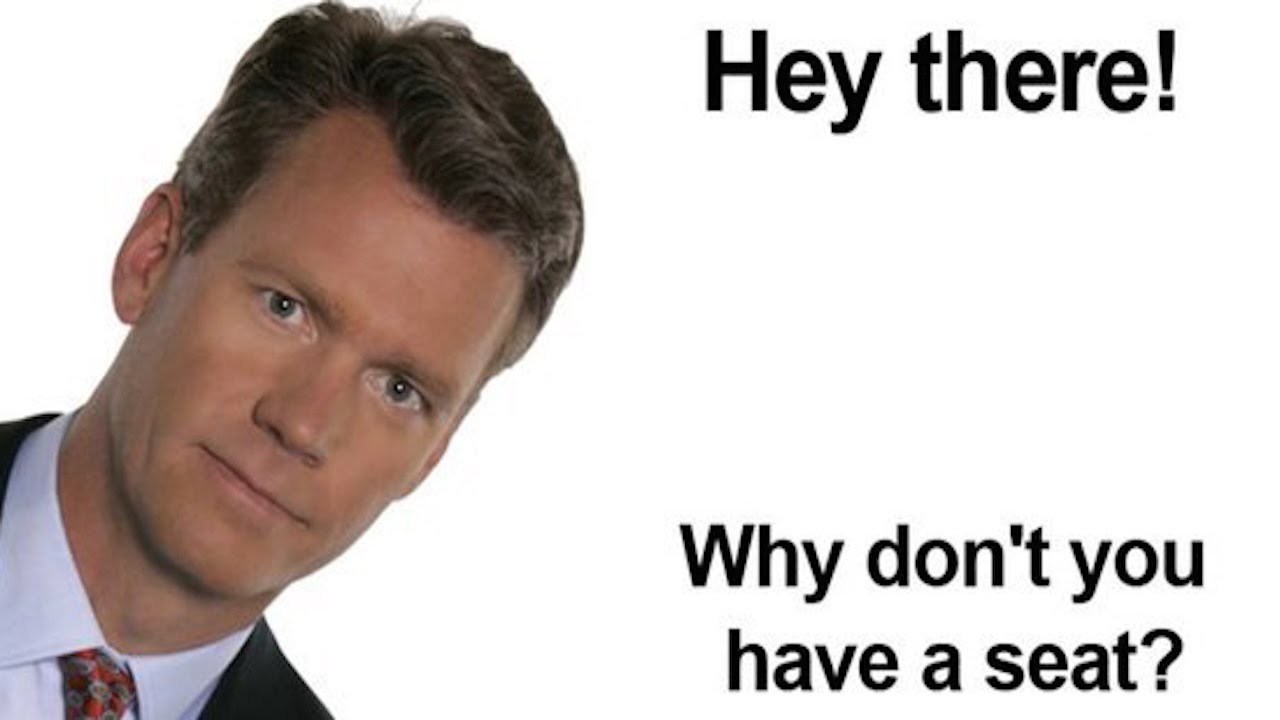In the age of social media and instant information, trends can spread like wildfire, bringing certain topics into the limelight for better or worse. One such trend that has made waves is the phrase "to catch a predator." This term, which originated from a television series aimed at exposing online child predators, has evolved into a broader cultural phenomenon that raises questions about morality, justice, and the public's role in addressing predatory behavior. As society becomes increasingly aware of the dangers lurking online, understanding what "to catch a predator a trend mean" entails is vital for fostering informed discussions about safety and accountability.
As we delve deeper into this trend, it’s important to acknowledge its roots and the implications it holds for both victims and predators. The original show, which aired in the early 2000s, aimed to confront individuals seeking to exploit minors online. However, the impact of the series extended beyond just television; it sparked a conversation about internet safety, law enforcement’s role in protecting children, and the responsibility of society to safeguard its most vulnerable members. Thus, "to catch a predator a trend mean" reflects both a societal response to a pressing issue and a complex dialogue about justice and morality.
Furthermore, the resurgence of this trend in modern media, particularly with the rise of social platforms, has led to a new wave of citizen activism. People are using various platforms to expose predatory behavior, sometimes leading to real-life confrontations. This raises ethical questions about vigilantism, the effectiveness of such actions, and the potential consequences for all parties involved. As we explore "to catch a predator a trend mean," we must consider the implications of taking justice into our own hands and the balance between protecting the innocent and ensuring due process.
What is the Origin of "To Catch a Predator"?
The concept of "to catch a predator" traces its origins back to the television series of the same name, produced by NBC. The show aimed to expose individuals attempting to engage with minors online, often leading to dramatic confrontations with law enforcement. This section will delve into the inception of the show and its cultural impact.
How Did the Show Change Public Perception?
The show significantly altered how the public views online predators. It brought awareness to the dangers children face on the internet and opened discussions on cyber safety. This section will explore the shift in public perception and the conversations that emerged in its wake.
What Are the Ethical Implications of "Catching a Predator"?
While the intentions behind "to catch a predator" may be noble, ethical questions arise regarding the methods used to expose predators. Is it right to confront individuals in a public setting? This section will investigate the moral dilemmas associated with vigilantism and public shaming.
To Catch a Predator: A Trend Mean in Modern Society?
In contemporary society, the phrase "to catch a predator" has evolved into a trend that transcends its television origins. This section will analyze how social media platforms have changed the landscape of predator exposure, creating a new form of activism.
Who Are the Key Players in This Trend?
Various individuals and organizations have emerged as key players in the "to catch a predator" trend. From content creators to law enforcement agencies, this section will highlight the roles these players take in raising awareness and combating predatory behavior.
What Are the Risks Involved in Citizen-Led Efforts?
Engaging in citizen-led predator-catching efforts can have unintended consequences. This section will discuss the risks involved, including the potential for false accusations and the emotional toll on all parties involved.
To Catch a Predator: The Impact on Victims and Society
The effects of the "to catch a predator" trend extend beyond the individuals directly involved. This section will explore the impact on victims, their families, and society as a whole, considering the broader implications of public awareness and action.
How Can Society Respond Effectively?
As the trend continues to evolve, society must find effective ways to respond to the issue of online predation. This section will outline potential strategies for education, prevention, and intervention to protect children and hold predators accountable.
Conclusion: Understanding the Trend of "To Catch a Predator"
The phrase "to catch a predator" has evolved from a television series into a complex cultural phenomenon that reflects societal concerns about online safety and accountability. As we navigate this trend, it's essential to engage in informed discussions that consider the ethical implications, the roles of various stakeholders, and the ultimate goal of protecting the most vulnerable among us. By understanding "to catch a predator a trend mean," we can work towards a safer digital landscape for everyone.
Drake's Face Tattoo: A Symbol Of His Journey
Unraveling The Depths Of Emotion: The Story Behind "Nothing Compares To You" Lyrics
Unveiling The Depths: The Longest Underwater Breath Hold Ever Recorded


